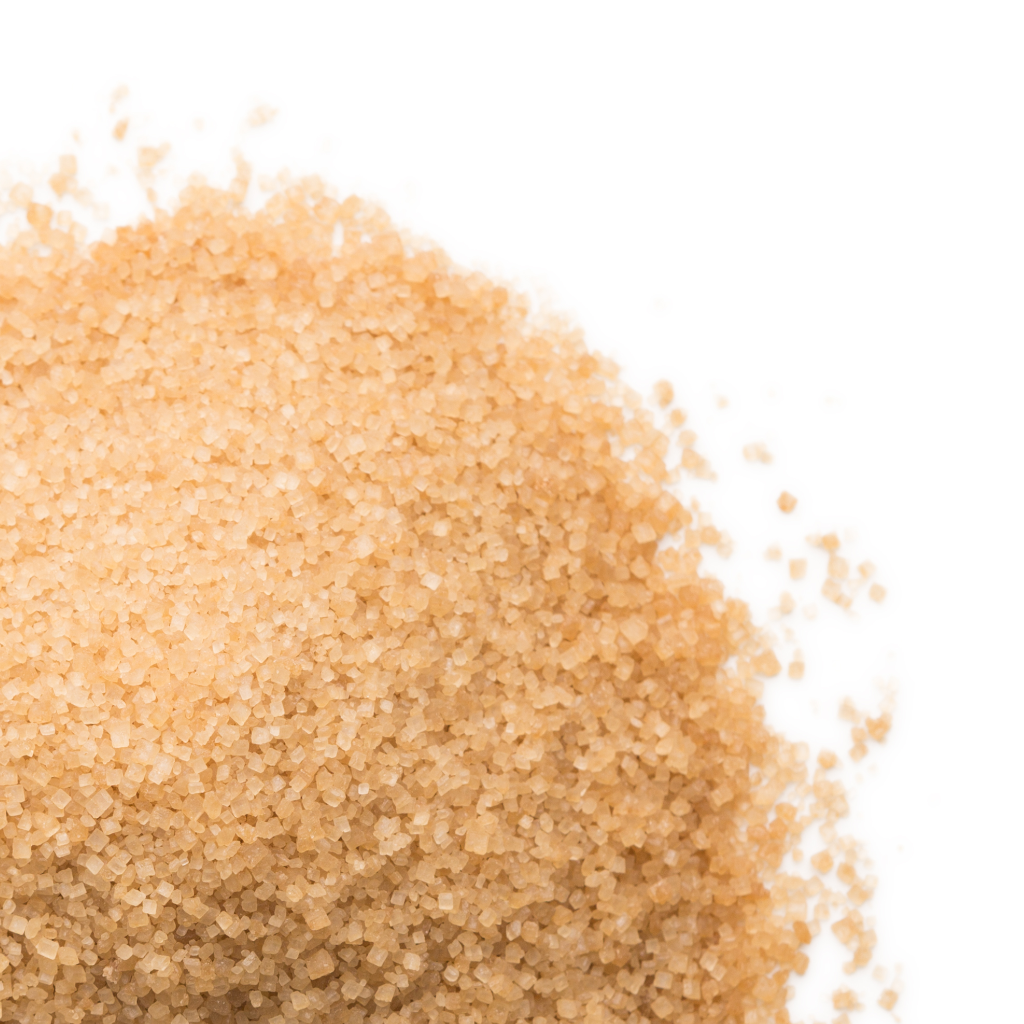Cane Sugar Processing: From Field to Table-- A Step-by-Step Guide
Cane Sugar Processing: From Field to Table-- A Step-by-Step Guide
Blog Article
A Thorough Introduction of the Health and Economic Effects of Walking Cane Sugar Processing on Regional Neighborhoods
Walking cane sugar handling plays a critical function in forming the financial landscape of neighborhood areas, offering employment possibility and promoting supplementary sectors. Nonetheless, the wellness implications related to high sugar consumption can not be ignored, as they add to increasing prices of excessive weight and diabetes. This nuanced dynamic invites an essential examination of how communities can optimize financial gains while addressing the pressing health challenges they face. The exploration of educational initiatives and sustainable practices may just hold the trick to integrating these conflicting rate of interests. What methods might areas execute to attain this equilibrium?
Financial Benefits of Cane Sugar Processing
Cane sugar handling supplies substantial economic advantages that extend past the immediate farming market. The cultivation and handling of sugarcane develop countless work chances, from farming to production and distribution. This work generation not only sustains regional economies but additionally cultivates neighborhood growth by offering stable income sources for families.
Moreover, the sugar industry stimulates secondary organizations, consisting of transportation, tools supply, and packaging services (Cane Sugar Processing). As these industries expand, they add to a more durable economic structure, improving total community strength. The export capacity of refined walking stick sugar better amplifies economic benefits, positioning areas as competitive players in global markets
Investment in modern handling facilities can cause increased performance and effectiveness, therefore decreasing waste and optimizing resource usage. This shift not just benefits the local economy however likewise supports sustainability efforts by lessening ecological impacts.
Moreover, the earnings created from walking cane sugar processing can be reinvested in neighborhood framework, education and learning, and healthcare, advertising all natural community growth. Overall, the economic benefits of walking stick sugar processing are diverse, offering a structure for enduring success in farming regions.
Health And Wellness Risks Associated With Sugar Consumption
Extreme sugar usage poses significant health risks that warrant severe focus. High intake of sugarcoated, particularly from refined foods and beverages, has been linked to numerous wellness problems. Among the most important worries is weight problems, as sugary diet regimens contribute to an increased caloric consumption without providing necessary nutrients. This extra can cause metabolic problems, consisting of type 2 diabetic issues, which has ended up being progressively common in both grownups and kids - Cane Sugar Processing.
In addition, high sugar usage is related to cardiovascular condition. Raised blood sugar level degrees can result in insulin resistance, a forerunner to numerous heart-related concerns. Additionally, sugar can have damaging results on dental wellness, resulting in dental caries and gum disease, as bacteria in the mouth prosper on sugar, creating acids that erode tooth enamel.
Furthermore, arising study recommends a possible web link between high sugar intake and mental health and wellness problems, such as anxiety and stress and anxiety. As areas grapple with these health and wellness dangers, it ends up being necessary to advertise recognition and motivate healthier dietary choices. Resolving sugar usage is critical not only for individual health and wellness however also for the general health of local areas, emphasizing the requirement for detailed public wellness methods.
Ecological Effects of Sugar Production
Frequently forgotten in discussions about sugar's effects is the substantial environmental influence of sugar manufacturing. The farming of sugarcane typically requires substantial land usage, causing deforestation, loss of biodiversity, and interruption of regional environments. The conversion of forests and wetlands right into sugar plantations can cause environment damage, threatening various varieties and altering eco-friendly equilibrium.
In addition, sugar manufacturing is resource-intensive, consuming considerable quantities of water for watering. This can result in depletion of neighborhood water resources, negatively affecting both farming techniques and neighborhood accessibility to tidy water. Additionally, the usage of chemical plant foods and pesticides in sugarcane farming can add to soil destruction and water contamination, as runoff from these chemicals gets in close-by rivers and lakes, influencing water life and human health.
The ecological footprint encompasses the handling phase, where power consumption and waste generation more intensify ecological concerns. Air pollution from shedding sugarcane fields, along with greenhouse gas emissions, contribute to environment modification. As such, the environmental ramifications of sugar manufacturing warrant major factor to consider, advising stakeholders to adopt even more sustainable methods to reduce these adverse results on regional ecosystems and neighborhoods.
Job Development and Neighborhood Growth
The environmental difficulties postured by sugar manufacturing are frequently counteracted by its potential for economic benefits, especially in work creation and neighborhood growth. The walking cane sugar industry functions as a significant source of work in several backwoods, giving jobs across different ability degrees, from farming labor to handling and circulation roles. This employment not only supports private family members however likewise Click This Link adds to the overall financial vitality of neighborhood communities.
In addition, the facility of sugar processing facilities stimulates supplementary businesses, such as transportation services, equipment supply, and maintenance providers. As these companies flourish, they produce additional work and bolster local economies. The revenue created from the sugar industry additionally results in enhanced tax revenues, which can be reinvested right into social work such as education, infrastructure, and healthcare advancement.
Moreover, the sugar market frequently participates in area development campaigns, such as supporting neighborhood schools and wellness programs, thus boosting the lifestyle for residents. By cultivating strong community connections and promoting economic growth, the walking cane sugar processing field plays a crucial duty in uplifting regional populaces, making it a crucial part of lasting development approaches in sugar-producing regions.
Harmonizing Health And Wellness and Economic Growth
In browsing the complexities of walking stick sugar processing, an important obstacle depends on balancing wellness factors to consider with economic growth. The sugar market significantly adds to regional economic climates by creating work, stimulating related industries, and raising tax obligation revenues. However, the health ramifications connected with extreme sugar usage can lead to chronic diseases such as excessive weight, diabetes mellitus, and cardio issues, which can burden public health and wellness systems and decrease workforce efficiency.

In addition, governing structures can play a critical function in leading industry methods in the direction of even more sustainable and health-conscious strategies. By fostering partnership in between federal government bodies, health organizations, and the sugar sector, areas can browse the dichotomy of health and wellness and financial development, ensuring that site the benefits of walking cane sugar processing are equitably shared while focusing on public wellness.
Verdict
Finally, the processing of cane sugar offers both substantial financial benefits and remarkable wellness threats for regional neighborhoods. While it promotes job creation and stimulates regional growth, the affiliated wellness worries, especially relating to weight problems and diabetic issues, necessitate a careful harmonizing act. By advertising accountable consumption and investing in community education and learning and lasting methods, it is possible to make the most of economic advantages while minimizing adverse wellness results, therefore ensuring a much healthier future for neighborhood populaces.
In addition, sugar can see have destructive results on dental health, resulting in cavities and gum tissue illness, as bacteria in the mouth grow on sugar, creating acids that erode tooth enamel.
Resolving sugar usage is vital not only for specific health and wellness but additionally for the overall health of regional areas, highlighting the demand for detailed public health approaches.
Frequently ignored in conversations regarding sugar's effects is the considerable ecological impact of sugar manufacturing. The health ramifications associated with extreme sugar consumption can lead to chronic conditions such as obesity, diabetes, and cardio concerns, which can concern public health systems and decrease labor force productivity.

Report this page